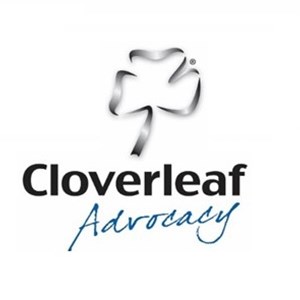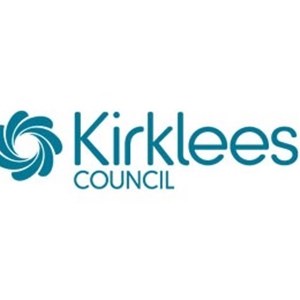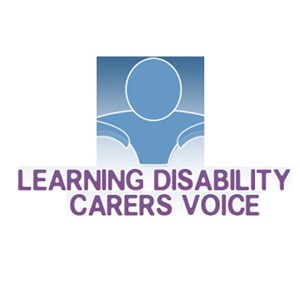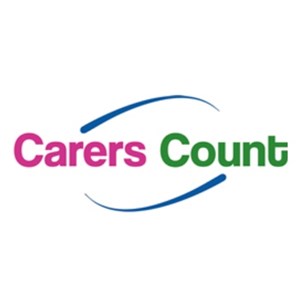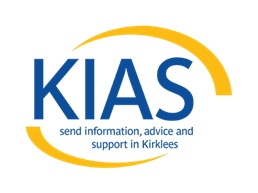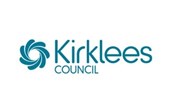Ask4Advocacy - Cloverleaf advocacy , for more information see the Cloverleaf webpage (opens link in new window)
This offers advocacy for a wide range of areas including:
Care Act Advocacy – Advocacy for those undergoing assessment, care planning or review under The Care Act and who would have ‘substantial difficulty’ engaging with the process. Professional and self-referrals.
Independent Mental Health Advocacy (IMHA) – for anyone who is sectioned under the Mental Health Act as either an inpatient or subject to a community section (guardianship, SCTO). Professional and self referral.
Independent Mental Capacity Advocacy (IMCA) – Where a decision, or review is to be undertaken under The Mental Capacity Act and there are no family or friends who are deemed appropriate to consult in the person’s ‘best interest’. Professional referrals only, a social worker or doctor depending upon the nature of the decision to be made.
Deprivation of Liberty Safeguards Advocacy (DoLS) – Adult Social care (DoLS team) referrals only
Relevant Person’s Representatives (RPR) – to represent the wishes of those deprived of their liberty who may wish to challenge the deprivation or any aspect of it where no close family or friend are able to perform this role. Referral by local authority (DoLS team) only.
Community Mental Health Advocacy – for individuals wanting mental health advocacy support but who are not sectioned under the Mental Health Act. Self and Professional referrals accepted.
General Advocacy – for people who need support ensuring that their voices are heard and rights upheld due to a disability or disadvantage (Learning Disability, autism, physical or sensory issues for example). Self and professional referrals accepted.
Independent NHS Health Complaints Advocacy – for people who have a concern or complaint about an NHS service that they have received. Self referrals.

